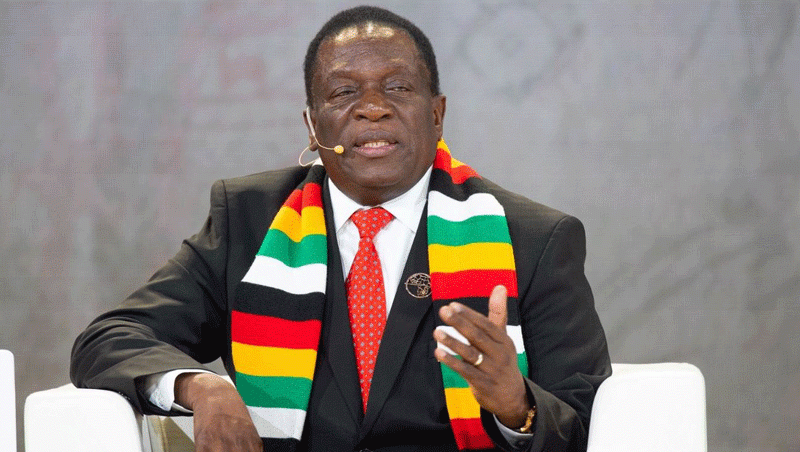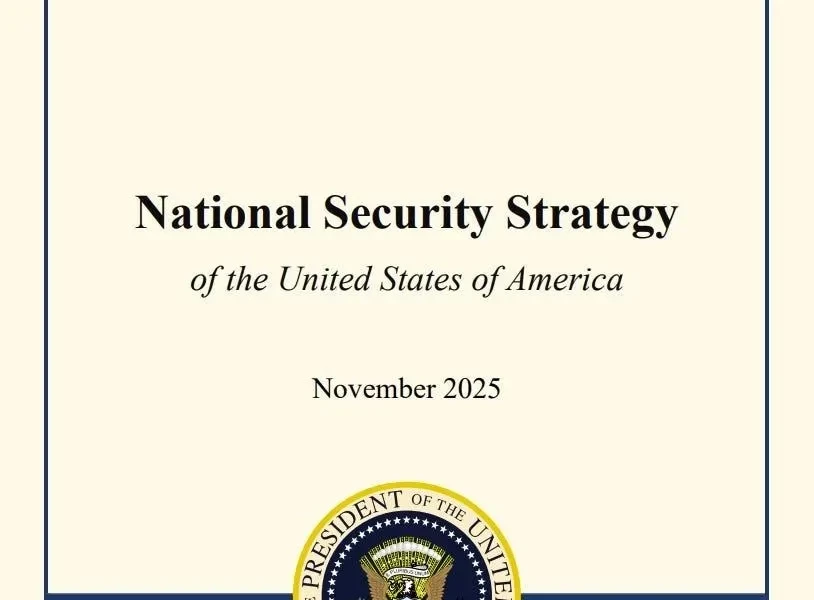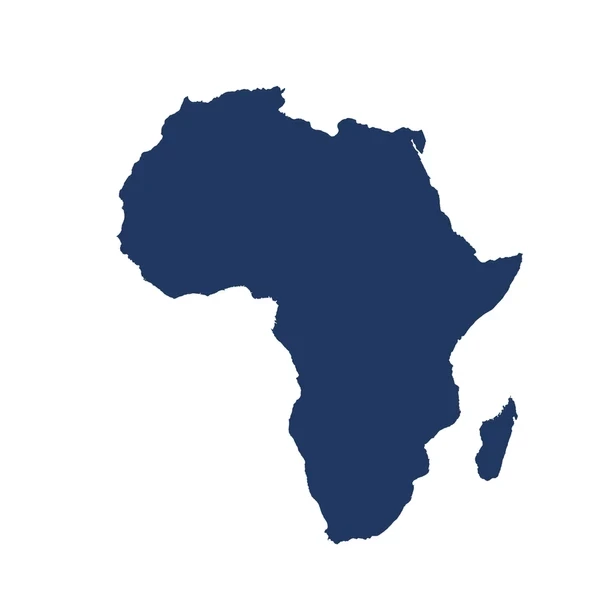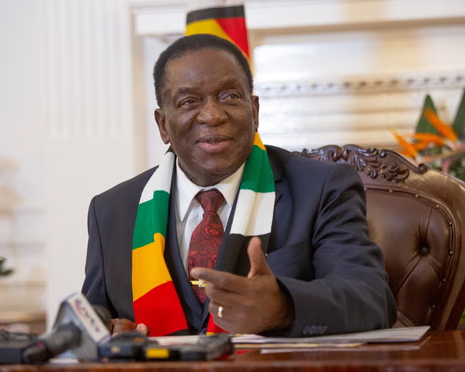
In late November 2017, I did a street prophecy in this space a few days after Emmerson Mnangagwa had been inaugurated as the caretaker president of Zimbabwe following the military assisted takeover from the late Robert Mugabe.
The article was titled “Military fourth branch: Beware the post-Mugabe error”. It’s a pity you won’t find the cheeky guess online, but it’s there in hard print.
What I was saying then—despite all that euphoria around Mugabe’s forced removal and the hope for a new era among millions of naïve Zimbabweans—was that the coup would turn Zimbabwe into a military state.
With the military and its head then, Constantino Chiwenga, having played such an incredibly brave and existentially threatening role in Mugabe’s removal, the stage was set for the barracks to dominate Zimbabwean power politics.
And things turned pretty like that.
You will remember how Chiwenga tried, with some bit of success, to make national appointments parallel to and contradictory to the ones that Mnangagwa was making or made.
You will remember how the military stepped in to deal with civilian protests, actual and planned, as if we were in war situation.
There were pervasive military appointments in cabinet, the public bureaucracy and other key national positions.
- Big send-off for Cont Mhlanga
- Massive ZRP vehicle theft scam exposed
- NoViolet Bulawayo’s new novel is an instant Zimbabwean classic
- Zanu PF bigwigs face axe in purge
Keep Reading
The military also sought to influence ruling party politics.
Like, it pushed Engelbert Rugeje onto the national commissariat as its head ahead of the 2018 elections, even though Mnangagwa managed to remove him later and replaced him with the more pliant Victor Matemadanda.
Naturally, then, you notice that the military was making key decisions because it was working under this entrenched sense of entitlement for removing Mugabe against all the odds.
Let’s be honest on this. There was a time when you really felt that Mnangagwa was not in charge, helplessly watching as some people made nationally strategic decisions while he was away in foreign lands, getting cabinet positions foisted on him and suffering morning shocks as things turned out the way he had never planned.
But then, Mnangagwa is a shrewd schemer. He bent backward in these cases, yes, but he was waiting for his day. His step was already in that day when Chiwenga and the military allowed him to be the civilian face of the coup by getting him in as Mugabe’s replacer.
The real narrative, though, is not exactly like that.
The fact is that, as Chiwenga and his cohorts believed that they were sanitising the coup by appointing a “civilian stooge” as Mugabe’s successor, Mnangagwa had different plans. He had always wanted to rule Zimbabwe after Mugabe.
In 2004, he had astutely managed to fold in 60 percent of the Zanu PF provincial chairpersons to support his bid to take over the party co-vice presidency ahead of congress, in preparation for him eventually replacing Mugabe at the 2008 elections.
The Zezuru element in Zanu PF didn’t like that idea so, led by the then State Security minister, Nicholas Goche who is from Mashonaland Central, they checkmated the Mnangagwa plan overnight and succeeded in forcing a witching hour amendment to the party constitution to reserve the Shona slot in the vice presidency for a woman, precisely Joice Mujuru who was Goche’s home girl and the face of the anti-Mnangagwa faction.
After the 2018 elections, Mnangagwa went on a covert mission. Bit by bit, he started removing the pillars from the military edifice.
He began purging the military and central intelligence of people he wasn’t comfortable with because he considered them too close to Chiwenga or just anti-him, posting some of them outside the country on diplomatic missions.
Usefully for him, some of them like Perrance Shiri, the former Air Force of Zimbabwe commander who got the influential Agriculture portfolio post-coup, and Sibusiso Moyo, who seized ZBC back then and announced the coup without calling it a coup and became the Foreign Affairs minister, passed on along the way.
As all that happened, he was gradually weakening Chiwenga’s power base, to the extent that, by the time we went for the 2023 elections, the former military boss had been reduced to a sulking, feeble and flickering shadow of the once vibrant, if not cocky, man who acted as if Zimbabwe owed him just about everything in the days and months after the coup.
It wasn’t going to be enough for Mnangagwa, though, to see his coup comrade in that sorry.
Once the 2023 elections were done and dusted, he quickly removed Chiwenga as minister of Health, as if to say: Boy, you must know your place. It’s doubtful if Mnangagwa even consulted Chiwenga when he framed his post-election cabinet.
But there was a loudly telling thing that happened ahead of the elections.
Mnangagwa broke away from the Zanu PF tradition of primarily using the army as an election campaign vehicle. Instead, he put the military on the margins and conscripted, instead, the Central Intelligence Organisation (CIO), using a proxy called the Forever Associate of Zimbabwe Trust (FAZ) that was/is headed by a senior spook, Walter Tapfumaneyi.
By putting his trust in FAZ and the CIO, Mnangagwa, in practical terms, was sticking out the middle finger at the military.
Well, the military as in those dudes that assumed the sun must shine through their bowels just because they had removed Mugabe from power.
This is worth noting because, as you will see, it doesn’t mean that Mnangagwa has discarded the army and military. Instead, he is building his own as commander in chief of the Defence Forces.
Why am I going on and on about this? Have a look, there is this amply misleading—naughty, you might say—school of thought that wants us to start believing that the anti-Mnangagwa military factor is clawing back.
This lie has gained currency in the wake of some key and dramatic appointments that Mnangagwa has made after this year’s elections.
The president surprised many when he made Anselem Sanyatwe’s wife, Chido, the deputy minister in the Home Affairs portfolio. Now, that ministry is a politically strategic zone.
And Mnangagwa also made the husband the new commander of the Zimbabwe National Army.
That was surprising considering the fact that, in the eyes and minds of most of us, Sanyatwe was an anti-Mnangagwa ex-general who had been in charge of the Presidential Guard when Mugabe was in power.
This then led to the fake news that Mnangagwa was conceding to Chiwenga-linked military pressure, considering also that Sanyatwe had been seen as an ally of the VP.
Then there was the interesting, weird and ominous appointment of Phillip Valerio Sibanda to the Zanu PF politburo as an ex officio member despite the fact that he is still the serving commander of the Defence Forces, a position he got after Chiwenga became VP after the coup.
The theory that came out of this was that, again, it showed that the military was resurging.
The thinking here is that the military wanted Sibanda out of the barracks so that he could be replaced by a Chiwenga-friendly general.
Further, says the school of thought, Sibanda remains a military guy who hasn’t forgotten the military role he played in removing Mugabe and is, therefore, still loyal to the military project that was headed by his former boss, Chiwenga.
This untidy theory views Sibanda as having been earmarked to be rewarded by becoming Chiwenga’s deputy when the latter finally gets the presidency, apparently as planned at coup.
All this gibberish about a pro-Chiwenga military claw back is, of course, misleading because the contrary is what is true. That post-coup military element is dead.
In the wake of the coup, Mnangagwa is at his strongest. He said it himself this past week when, speaking at some event, he boasted that if ever there is anyone plotting against him, that person is doomed because he is bound to always know, considering that his eyes and ears are everywhere in national intelligence and related security sector agencies.
- Tawanda Majoni writes in his personal capacity and can be contacted on [email protected]











